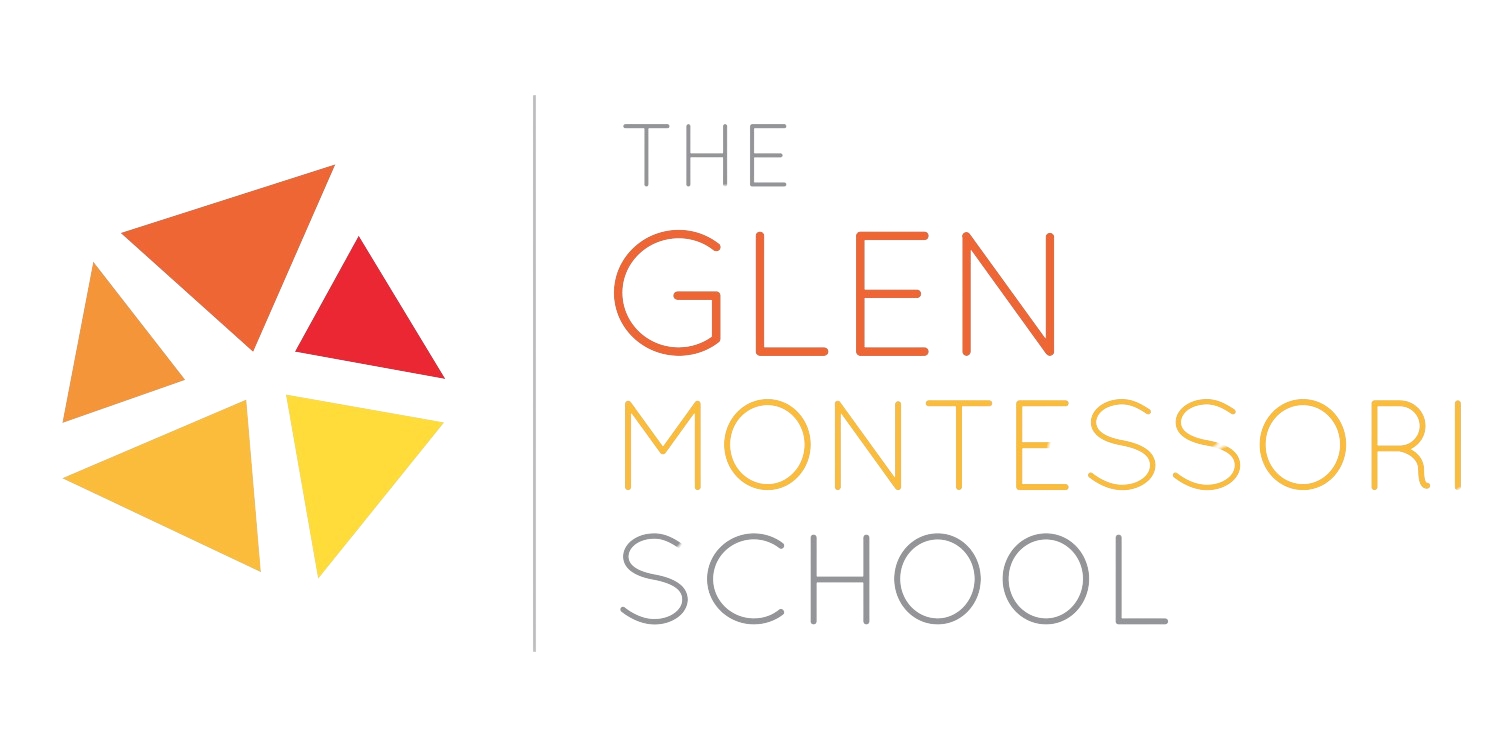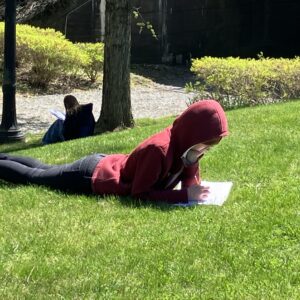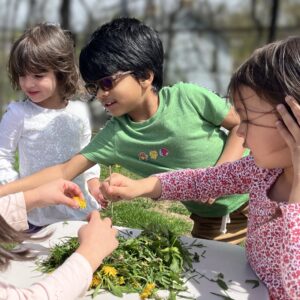Learning Never Stops! Summer is Just a Different Season
Summer Learning Loss: A Montessori Perspective
As the school year winds down, many parents ask their children’s teachers how to help minimize the loss of academic progress and skills over the summer. The Montessori approach offers a different — and more empowering — perspective: Learning is always happening, not just in the classroom.
Rather than focus on memorized facts, Montessori education supports the whole child — intellectually, emotionally, and physically. During summer, children thrive when given freedom with responsibility, purposeful work, and real-life experiences. This is an opportunity to take learning to a whole new level!
Let’s take a closer look at how this works across different age groups:
Ages 3–6: Learning Through Doing
At this stage, children have an absorbent mind. Practical life activities — setting the table, watering plants, preparing snacks — develop concentration, coordination, and confidence. These skills form the foundation for later academic success.
Ages 6–12: Learning Through Exploration
Children are eager to ask “why” and explore big ideas. Summer is the perfect time for open-ended projects, such as building a fort, creating a nature journal, reading together, or inventing a new recipe. Their academic growth continues through curiosity and discovery, and reinforces core academic skills in reading, math, science, and history.
Ages 12–14: Learning Through Purpose
Adolescents seek meaningful roles and real responsibility. Help them plan a family outing, volunteer in the community, or start a summer business. These experiences build executive function, commitment, and critical thinking — preparing them for both high school and adulthood.
Final Thoughts from Glen Montessori Teachers:
In Montessori, education is not just preparation for school — it’s preparation for life. So instead of summer worksheets, offer your child opportunities to explore, contribute, and grow. These are our best suggestions:
Allow your child to get bored and solve their problem—with a solution other than TV and computers! Use toys, blocks, sticks, grass, paper, pencils – whatever they have on hand! This develops problem-solving, independence, and critical thinking skills.
While on the subject of screen time, limit it! Mindless hours of YouTube and games, while fun and intriguing, do not advance a child’s focus, creativity, or self-control. It’s a battle, we get it!
Commit to regularly visiting the library and borrowing books! Libraries are especially valued in Montessori, as they teach patience, care for community items, and the responsibility to return them in a timely manner. Regardless, summer is a great time to learn new topics and explore new stories of interest!
Involve children in household routines – making lunches, watering plants, putting dishes in the dishwasher — and make time for open-ended outdoor fun.
Summer Camps (especially The Glen’s International Summer Camp!) are a great option too – they reinforce math, literacy, and cultural knowledge without feeling like schoolwork.
Finally, ask your child what they want to learn or experience this summer. Follow their interest and do your best to make it happen – get books, reserve time for a related staycation activity, host a lemonade stand, go swimming as a family! Learning is still happening — just in a different, more natural way.






